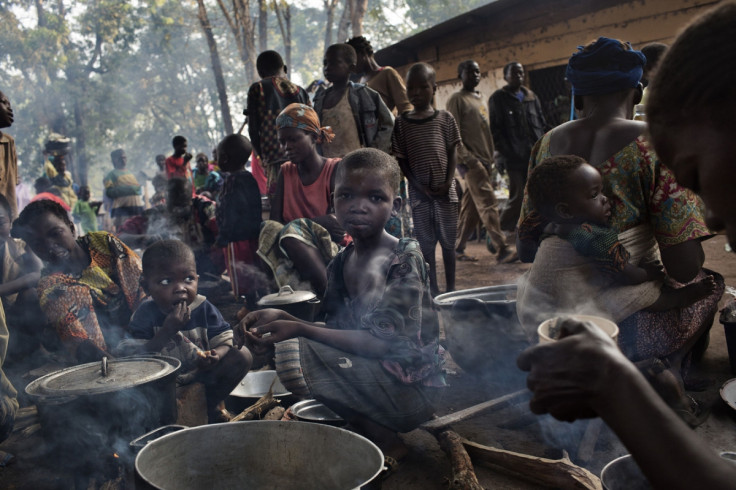EU Expected to Send Troops to Central African Republic

European Union officials have recommended deploying an EU military force to the conflict-ridden Central African Republic.
France has already deployed 1,600 troops and has urged the other European countries to do the same, amid government struggles and violent retaliations.
EU leaders last month asked the bloc's foreign policy chief, Catherine Ashton, to draw up options for an EU intervention in the country.
Ashton's paper suggests the EU should rapidly deploy a military force to Central African Republic to protect local people and also humanitarian facilities.
The officials have proposed the deployment of between 700 and 1,000 troops.
EU diplomats will discuss the proposals for the first time on Friday.
If one of the proposals wins the backing of the EU's 28 governments, the force could be sent within a few weeks, one source told Reuters.
Interim CAR's President Michel Djotodia came to power after a coup d'état staged by the Muslim Seleka group last March.
Following the overthrowing of the then president Francois Bozize, from CAR's majority Christian population, the country has descended into sectarian violence between Muslim Seleka and Christian Anti Bakala groups.
Djotodia faced pressure to step down at an Economic Community of Central African States (CEEAC) meeting taking place in N'Djamena, capital of Chad.
Djotodia is accused of being unable to halt the bloodshed that has caused the death of at least 1,000 civilians and uprooted nearly a million people, and is considered by many unable to lead the country.
"If you are incapable, if you are powerless in the face of the situation, make way for others who can do a better job," CEEAC secretary-general Ahmat Allami explained.
Although Djotodia has officially disbanded the Seleka rebels, he has proved unable to keep them in check.
Chadian president Idriss Deby opened the meeting with a call for "concrete and decisive action" to stop the violence.
The talks are expecting to continue on Friday.
The UN has recently warned that the CAR conflict could end in genocide; some 2.2 million people are in need of humanitarian assistance.
Amnesty International has called for international intervention as crimes against humanity including extrajudicial executions and mutilations of bodies are being committed throughout the country.
© Copyright IBTimes 2025. All rights reserved.






















